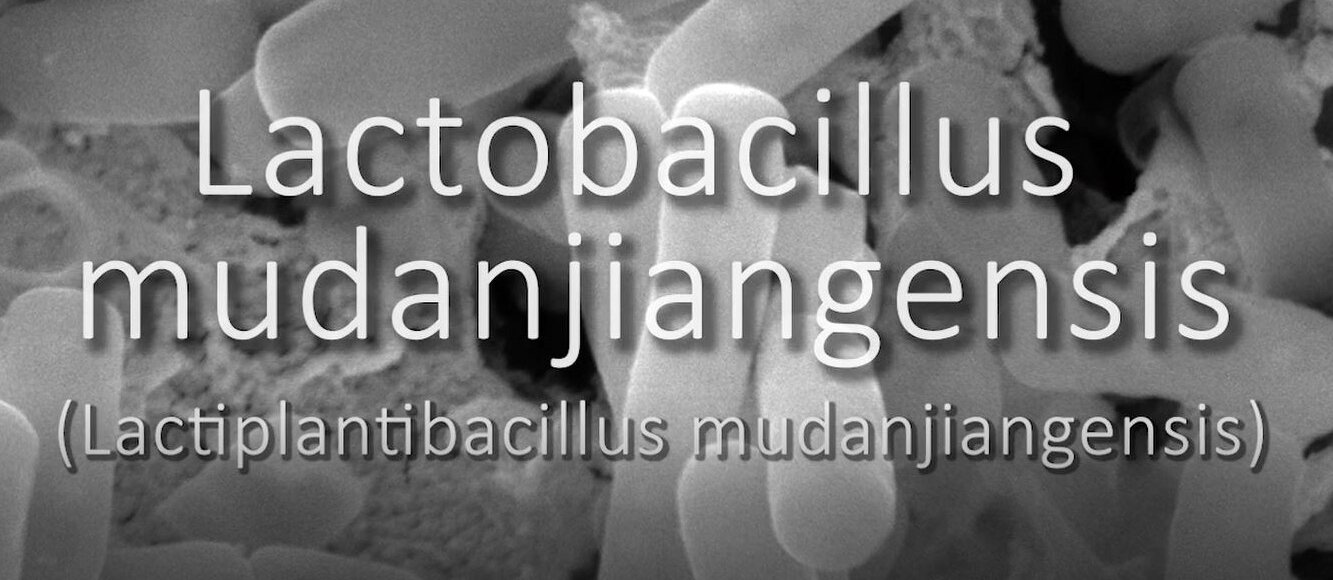Cellulase-degrading Lactic Acid Bacteria

Cellulase-degrading Lactic Acid Bacteria
We offer a novel Lactiplantibacillus mudanjiangensis strain expressing a cellulase enzyme. Cellulose is the most abundant organic polymer and a skeletal component in plants, yet it is not easy degradable. The enzyme tackles major challenges in agriculture, bioconversion, detergents, fermentation, food, paper industry, biocontrol, or textile industry.
Situation before
For many decades, cellulases have played a crucial role as biocatalysts. Today, cellulases account for a significant share of the world ’ s industrial enzyme market. They have shown their potential application in a large number of industries. Textile, paper and pulp, laundry and detergent, agriculture, medicine, and food and feed industries are some of the major industries which employ microbial cellulases. It is produced by fungi, bacteria, actinomycetes, protozoans, plants, and animals. Industrial production mainly relies on Trichoderma reesei or Aspergillus niger depending on the specific enzyme activity needed. Fermentation is done either submerged or on solid state. Although severe human illness caused by Trichoderma or Aspergillus is rare, both species are known to cause disease in plants and humans.
Technology
We isolated novel cellulase-producing strains of Lactobacillus mudanjiangensis (reclassified to Lactiplantibacillus mudanjiangensis). Since cellulose is one of the most abundant organic polymers on earth and being a crucial skeletal component in plants, this novel cellulose-degrading enzyme and L. mudanjiangensis species expressing it, may have numerous applications, of which some include: agriculture, bioconversion, detergents, fermentation, food industry, paper industry, textile industry. The L. mudanjiangensis strain can also be used as a human or veterinary probiotic. The strain belongs to a genus with a long history of safe human use, making it the ideal host for cellulase production for human applications and use. The strain is easy and fast to ferment, the cellulase can be purified and the cells or a lysate can be used as a whole. The strain allows drying, storage and easy resuscitation for probiotic applications.
Partners we search for
We look for industrial partners interested in using the strain in their applications in the various sectors where the strain can be of use. We are experienced in the use of beneficial microbes in several niches, industrial and human, and are motivated to start a trajectory of co-development to further optimize the strain for a particular application.
About the researchers/research group
The main expertise of the lab of prof. Sarah Lebeer is focused on lactobacilli (Lactobacillaceae) and their probiotic characteristics occurrence in, and influence on human, animal, plant and food microbiomes in health and disease (ERC grant Lacto-Be). Probiotics are rationally selected for specific applications and the structure of these specific microbiomes are also studied in general From these research subjects, Prof. Lebeer and team members have obtained know-how on various levels which benefit the collaborations in various ways.
More information
University of Antwerp
Middelheimlaan 1 2020 Antwerpen
Phone: +32 3 265 30 25
Valorisatie@uantwerpen.be